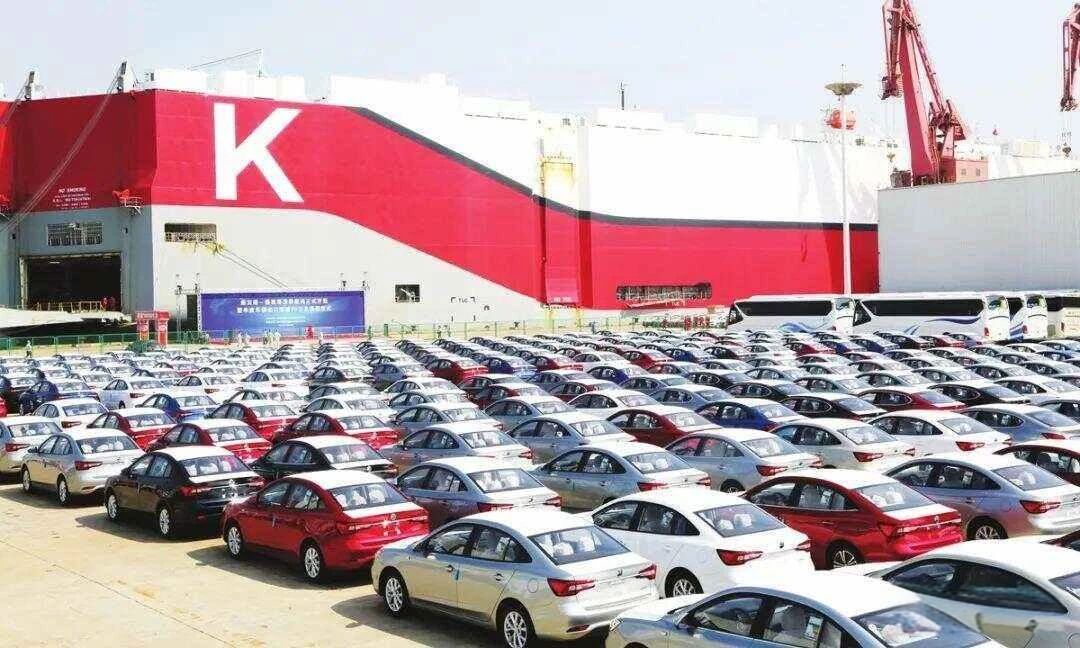In April alone, China's exports of pure electric and plug-in hybrid vehicles to Brazil surged 13-fold year-on-year. In 2023, the penetration rate of pure electric vehicles in Brazil is only 0.8%.
In April, China's exports of pure electric and plug-in hybrid vehicles to Brazil surged 13-fold year-on-year to a total of 40,163 units, making Brazil China's leading NEV export market for the second month in a row, according to the federation.
Brazil has become the second-largest auto exporter to China, after Russia. Cui Dongshu, secretary-general of the Federation, believes that Russia, which has been affected by Western sanctions, is expected to continue to be China's main auto export market.

However, the Brazilian government, in order to incentivize the development of domestic car manufacturing, has also issued a series of policies
to increase import duties on electric and hybrid vehicles.
The Pakistani government officially announced the import tariff rate and duty-free quota of new energy vehicles on November 23, 2023. Start
ing from January 2024, import tariffs on new energy vehicles will be gradually restored. Enterprises can still enjoy import duty-free within the
quota until June 30, 2026.
Import duty rates are as follows:
The tax rate for hybrid electric vehicles will be 15% from January 2024, 25% from July 2024, 30% from July 2025, and 35% from July 2026. Plug
-in hybrids are taxed at 12%, 20%, 28% and 35%, respectively. For pure electric vehicles, 10%, 18%, 25% and 35% respectively; For electric truc
ks, the full tax rate will be restored more quickly, from 20% in January to 35% in July 2024.
The tax-free quotas are as follows:
For hybrid electric vehicles, the quota is $130 million by June 2024, $97 million by July 2025, and $43 million by June 30, 2026. For plug-in hy
brids, the quotas are $226 million, $169 million and $75 million, respectively. For pure electric vehicles, the quotas are $283 million, $226 milli
on and $141 million, respectively. For electric vans, $20 million, $13 million and $6 million, respectively.
The tax rate is expected to rise to 35 percent by July 2026.
The policy change has prompted some Chinese automakers to start investing more in local production in Brazil. Byd, for example, is building
a production site in Brazil and plans to start production by the end of the year or early 2025. Great Wall Motor also announced that its Brazilia
n plant will be operational this month.
Sun Xiaohong, secretary-general of the Automotive International Professional Committee of the China Chamber of Commerce for Import and
Export of Mechanical and Electrical Products, said in an interview with the Global Times reporter on the 29th that the Brazilian government
first encouraged the import of new energy vehicles through import tax reduction policies, expanded the application of new energy vehicles
in the domestic market, and then gradually restored tariffs to promote the normalization of new energy vehicle trade and production, which
is a normal operation. At present, Brazil's new energy vehicle market presents a diversified pattern, attracting car companies from China,
Europe, Japan and South Korea and other countries to produce and sell in the local market.
Sun Xiaohong believes that Brazil's automobile industry is relatively developed, so in the future, Chinese enterprises in Brazil should take the
way of trade and investment to carry out layout and development. At present, Brazil's policies in the new energy vehicle industry are relativel
y friendly. However, international trade needs to maintain steady growth, avoid big ups and downs, and pay attention to the preventive
measures that the other side may take when the export volume of one market to another market increases too much.